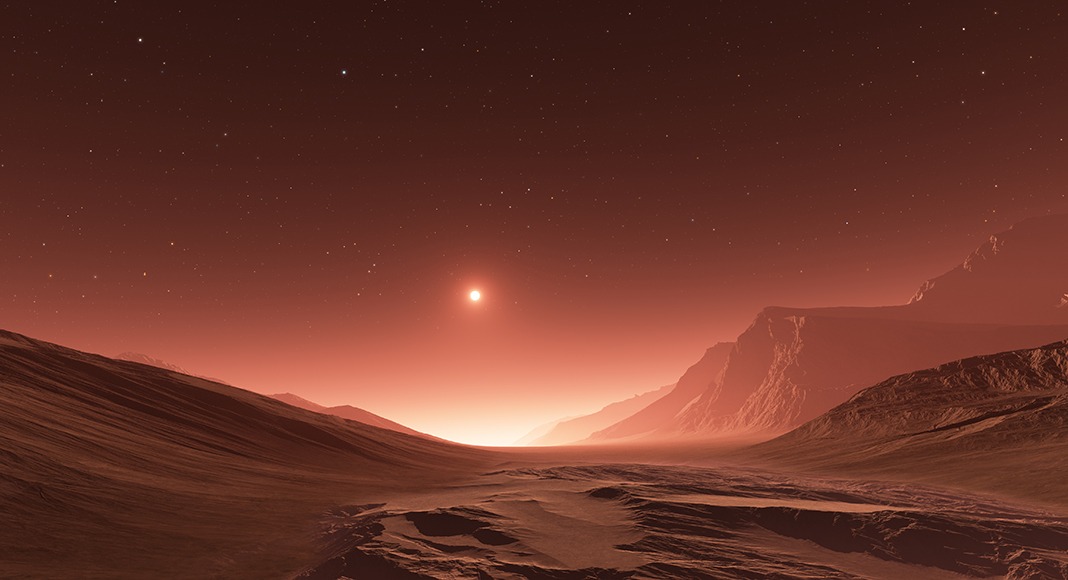Scientists have received a lot of information about the existence of liquid water on Mars, which may indicate the probable existence of life on this planet in the distant past. But what could have happened that once a “living” Mars suddenly died, turning into a dry and dead place?
A new study published in the journal Nature Astronomy suggests that if life had existed on Mars billions of years ago, it would have been inhabited by underground microbes that produced methane as a byproduct of their vital activity. Since methane is the driving force of climate, scientists said, these microbes could irreversibly damage the young Martian atmosphere, which subsequently destroyed life.

According to the study, a large amount of hydrogen in the planet’s atmosphere could have supported the existence of methanogenic organisms four billion years ago. At that time, the Martian climate was the most comfortable place to sustain life, even more suitable than Earth.
From the comfort of life to the dead cold
Regis Ferrier, senior author of the study and professor of evolutionary biology at the University of Arizona, together with the team applied several models to predict temperature both on the surface and in the earth’s crust. This allowed them to check whether hypothetical ecosystems survived in such conditions.
“We created a model of the Martian crust with a mixture of known rock and salt water, and also added a young atmosphere to see if the methanogens could survive. The results showed a positive answer: such creatures could exist on Mars,” Ferrier said.
But because the planet’s surface was too cold, Ferrier said, microbes would be most comfortable living in a few hundred meters of the Martian crust. Unfortunately, while these microbes may have thrived beneath the surface for a while, their turbulent lives were fleeting.

“According to our results, the atmosphere of Mars would have been changed by biological activity very quickly, somewhere in a few tens or hundreds of thousands of years. During this time, microbes completely displaced hydrogen from the atmosphere, which dramatically lowered the temperature on the planet, causing the cold to begin to reach the depths where microbes existed. In the end, it ruined all life on Mars,” said Boris Soterey, a doctoral student at the University of Paris and one of the authors of the study.
This is a tempting theory that illustrates how much we still have to learn about the history of Mars. But our search for ancient life is still far from over. We hope for Perseverance that it will be able to find signs of a “living” Red Planet in the distant past.
Earlier we talked about what prevents the emergence of life in red dwarfs.
Follow us on Twitter to get the most interesting space news in time
https://twitter.com/ust_magazine
